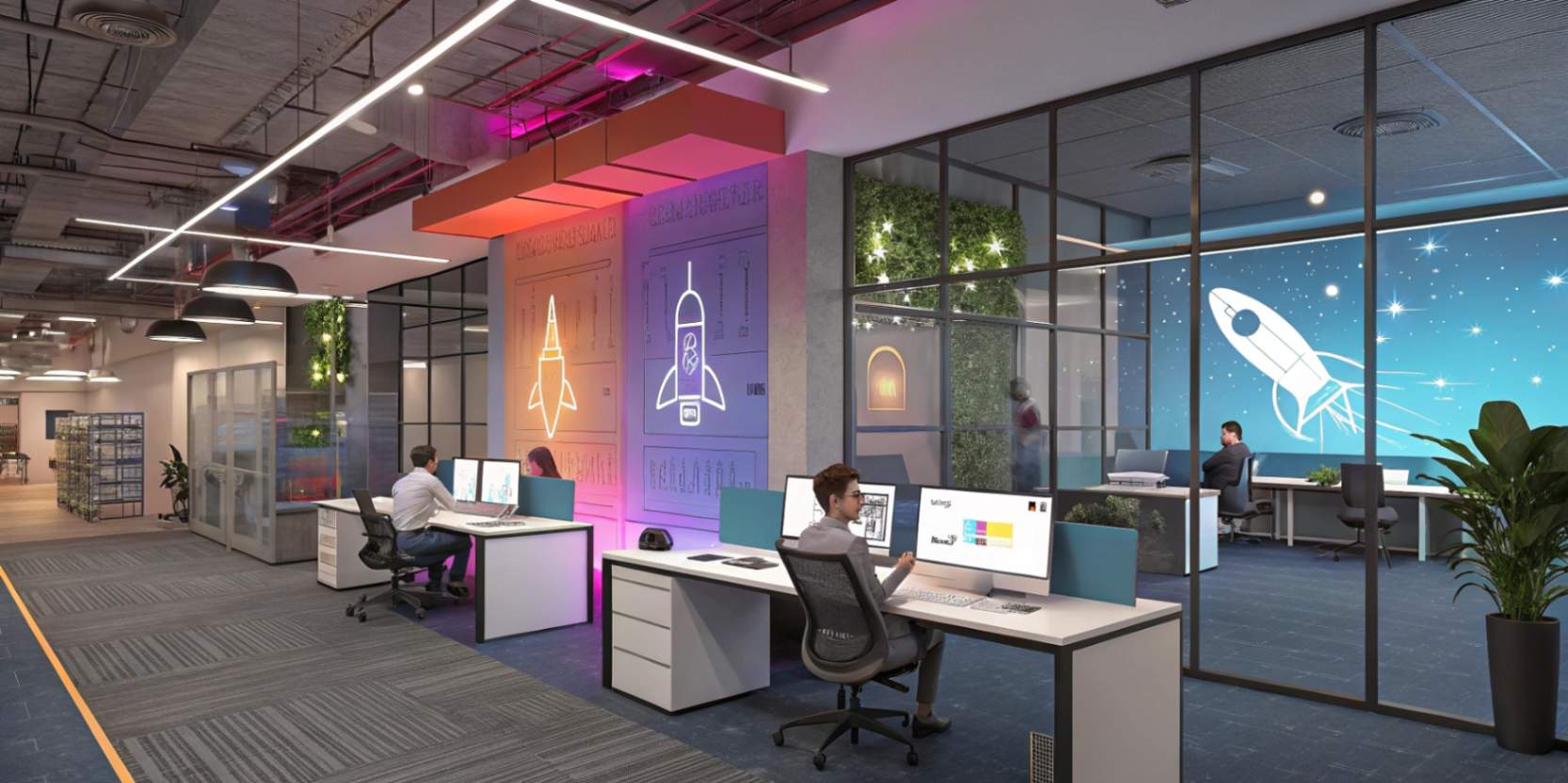The Information Technology (IT) sector is one of the fastest-evolving industries in the world. With constant innovation, new tools, and shifting demands, professionals must adapt quickly to avoid becoming obsolete. Whether you’re a developer, sysadmin, analyst, or IT manager, staying relevant is no longer optional—it's essential.
So how can you keep up and thrive in this dynamic environment? Let’s explore the best practices to stay ahead of the curve in the ever-changing IT world.
1. Embrace Continuous Learning
The learning never stops in IT.
To stay competitive:
- Follow top tech blogs and YouTube channels
- Take online courses (Coursera, edX, Udemy, Pluralsight)
- Attend webinars, conferences, and workshops
- Set weekly or monthly learning goals
2. Earn In-Demand Certifications
Certifications demonstrate your expertise and commitment. Depending on your area of interest, consider:
- AWS, Azure, or Google Cloud certifications
- CompTIA, Cisco (CCNA), or CISSP for networking/security
- Scrum Master or PMP for IT project management
- Certified Data Scientist, AI/ML, or DevOps Engineer
3. Stay Updated with Industry Trends
Stay informed by subscribing to:
- TechCrunch, Wired, MIT Technology Review
- GitHub Trending Repositories
- Industry podcasts (e.g., CodeNewbie, Software Engineering Daily)
Being aware of emerging technologies like AI, quantum computing, blockchain, or 5G can give you a forward-looking edge.
4. Build a Versatile Skill Set
IT professionals should diversify their expertise:
- Learn at least one high-level programming language (e.g., Python, Java)
- Get hands-on with cloud platforms
- Understand DevOps, CI/CD, containerization (Docker, Kubernetes)
- Explore soft skills: communication, teamwork, problem-solving
5. Network with the Tech Community
Engage with fellow IT professionals:
- Join forums like Stack Overflow, Reddit (r/ITCareerQuestions)
- Participate in local or virtual meetups and hackathons
- Contribute to open-source projects on GitHub
- Use LinkedIn to connect with industry thought leaders
6. Work on Personal Projects
Apply what you learn:
- Build a portfolio of real-world applications or utilities
- Try creating automation scripts, mobile/web apps, or dashboards
- Share your projects on GitHub or a personal blog to showcase your skills
7. Adapt to Change Quickly
Technologies come and go. Embrace flexibility:
- Don’t get too comfortable with a single tool or stack
- Be open to switching roles, industries, or learning new languages
- Develop a growth mindset: curiosity over complacency
8. Align Skills with Business Needs
Understand how your work impacts the business:
- Learn basic business strategy or product thinking
- Understand metrics like ROI, KPIs, and customer value
- Position yourself as a problem-solver, not just a tech expert
Conclusion
The IT landscape will continue to evolve, but with curiosity, adaptability, and continuous learning, you can stay ahead of the game. Staying relevant in IT isn’t just about chasing trends—it’s about building resilience, delivering value, and staying passionate about technology.
Your future in IT is what you make of it—keep learning, keep building, and keep growing.


